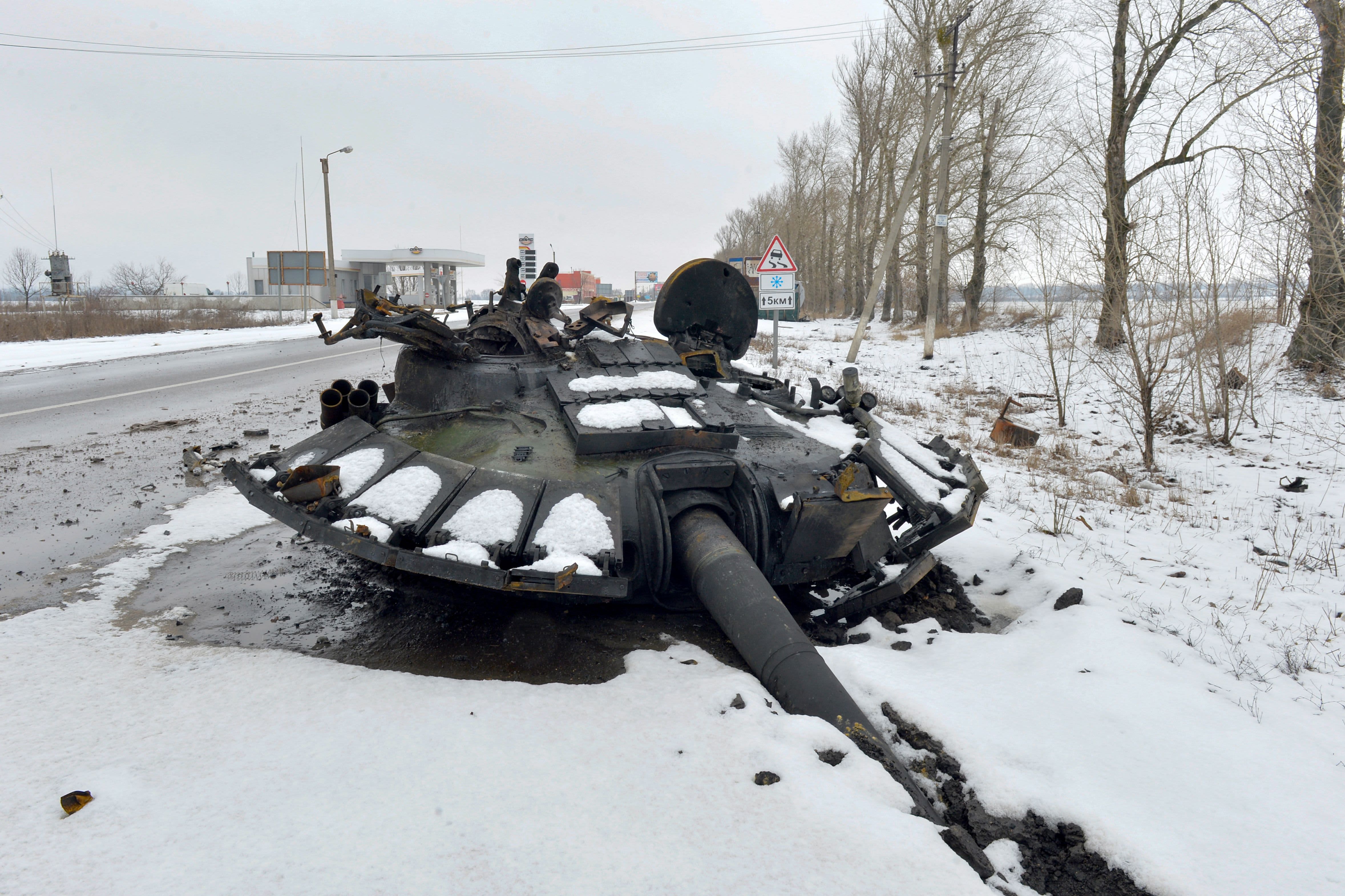The Potemkin military
It's a general truism that Russian leaders are not too fond of receiving bad news. The bearer of that bad news might find himself in new, colder accommodations, if not robbed of his life.
The most famous instance of this is the Potemkin village. So much so that it's an idiom in many languages, including English.
Grigory Potemkin was an 18th century Russian diplomat and soldier. He was also the lover of Empress Catherine the Great. Potemkin was appointed governor of Russia's newly-acquired southern provinces. Catherine decided to make a progress through her new territories. One small problem: the area under his governance was a shambles. We turn to Wikipedia for the rest:
Grigory Potemkin was a minister and lover of the Russian Empress Catherine II.[2] After the 1783 Russian annexation of Crimea from the Ottoman Empire and liquidation of the Cossack Zaporozhian Sich (see New Russia), Potemkin became governor of the region. Crimea had been devastated by the war, and the Muslim Tatar inhabitants of Crimea were viewed as a potential fifth column of the Ottoman Empire; Potemkin's major tasks were to pacify and rebuild by bringing in Russian settlers. In 1787, as a new war was about to break out between Russia and the Ottoman Empire, Catherine II, with her court and several ambassadors, made an unprecedented six-month trip to New Russia. One purpose of this trip was to impress Russia's allies prior to the war. Another purpose was to familiarize herself, supposedly directly, with her new possessions.[3] To help accomplish this, Potemkin set up "mobile villages" on the banks of the Dnieper River.[4] As soon as the barge carrying the Empress and ambassadors arrived, Potemkin's men, dressed as peasants, would populate the village. Once the barge left, the village was disassembled, then rebuilt downstream overnight.[2]
There's current historiography which disputes the extent of what Potemkin did. One theory, which makes sense to me, is that the villages weren't meant to deceive the empress, but to impress potential Russian allies. However, the hiding or obfuscating of bad news—like the famine of the early 1930s—is a common theme throughout Russian politics.
Which brings us to Russia's war against Ukraine.
You all know that experts considered Russia's army as one of the most powerful in the world. Neighbors quake at the thought of tough Russian soldiers mobilizing near their borders.
However, how does a powerful army degrade to this?
Among the assistance Russia requested was pre-packaged, non-perishable military food kits, known in the US as "meal, ready-to-eat," or MREs, according to two sources familiar with the matter. The request underscores the basic logistical challenges that military analysts and officials say have stymied Russian progress in Ukraine -- and raises questions about the fundamental readiness of the Russian military.
Napoleon Bonaparte never, in fact, said that an army marches on its stomach. But such a basic concept of logistics shouldn't need to rely on a pithy aphorism. Armies which outstrip their logistics are doomed to fail. But what about armies which never even invested in those basic logistics?
For Vladimir Putin to be begging China to feed its soldiers is, well, stunning. Imagine if the US was in a war and unable to feed its troops. Imagine if the US had to beg for MREs from Canada for troops in Iraq. It's unfathomable. But Russian leaders attach a different value to their troops, it seems. Forget about tanks; it can't even get the most basic aspects of logistics right.
Putin is now blaming his intelligence services for the debacle, claiming it gave him rosy assessments of how an invasion would go. But, as stated earlier, Russian leaders want the information they want, not necessarily the information they need. Putin was dead set on invading, and, much like Henry II and Thomas a Beckett, he had many not-so-bright knights who were willing to do his bidding.
The Russian military is a Potemkin construction. It is a phantom. It's being fought to a standstill by what's on paper an inferior force. It's too late to win this war. It might not even take any major cities. With the West supplying arms to Ukraine, and Putin's ego not allowing him to withdraw, there's a very good chance of a prolonged stalemate, with Russian soldiers bleeding strength. The Russian military put on shows for foreign observers. But these pantomimes hid a grim truth: the military is hollowed out and not able to conduct operations. It took using the army for this to become evident.
But this shouldn't be surprising. Russia is a Potemkin country. Its institutions have been bent to serve one man. That includes the military. Were it not for its nuclear arsenal, Russia would be a second rate regional power. Its exposure and humiliation in Ukraine will have repercussions, both abroad and at home. The Soviet Union collapsed due in part to the showing of its military in Afghanistan. I don't know if Russia will likewise collapse, but it's a possibility. Failed wars—World War One, Afghanistan, and now, perhaps, Ukraine—have presaged world-historical changes in Russia before. There's no good reason this time to bet against history.
Happy Ides of March.
Epilogue
As an aside, China might be a bit too busy to offer much aid to its erstwhile ally.
In recent days China has locked down tens of millions in several cities, as it braces for a much worse wave than Jan 2020 where the bulk of infection was confined to Hubei province.
— John Burn-Murdoch (@jburnmurdoch) March 14, 2022
Story from @rwmcmorrow @primroseriordan @ruiyanggloriali @kathrinhille https://t.co/SbGobuPkWU
